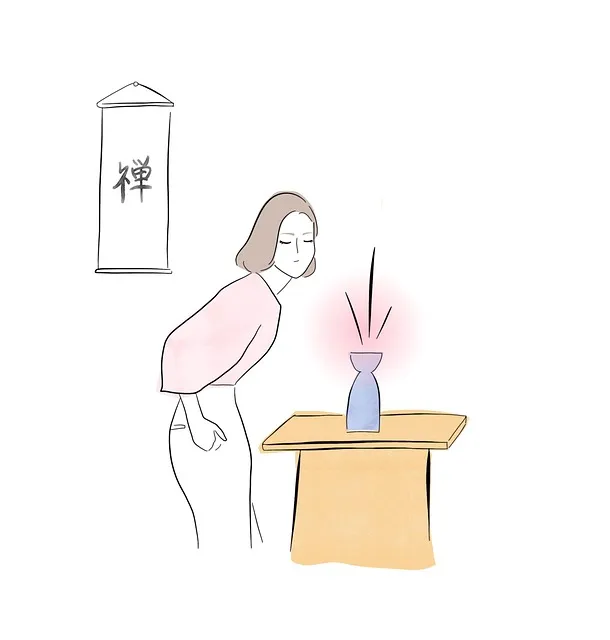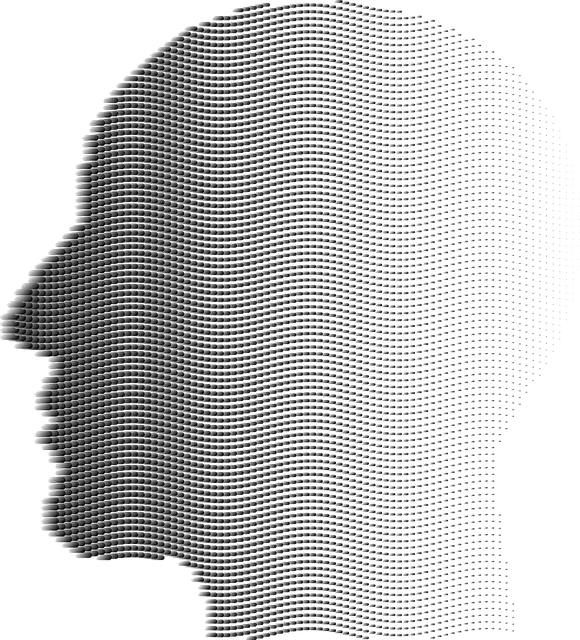Group facilitation at Highlands Ranch Kaiser Permanente mental health centers is a powerful tool for emotional healing and community building. Trained facilitators guide members through shared experiences, encouraging emotional expression and social connections. This collaborative approach enhances coping skills, builds resilience, and promotes overall well-being through interactive activities and peer support. A safe, inclusive environment, established with trust, validation, and confidentiality, facilitates active participation while respecting boundaries and diverse needs. Mindful practices like breathing exercises and art therapy further enhance open dialogue and meaningful connections. Engaging icebreakers, cultural sensitivity, conflict resolution, and stress reduction methods optimize group interactions and discussions. Success is measured using standardized tools, with regular feedback and adaptive strategies to ensure optimal mental health outcomes for the diverse population served.
In the heart of Highlands Ranch, Kaiser Permanente’s mental health locations champion holistic wellness through innovative group facilitation techniques. This article explores the multifaceted role of group facilitation in enhancing mental health support, drawing on best practices from leading facilities like Kaiser Permanente. From cultivating safe spaces to engaging participants in transformative journeys of connection and growth, we delve into strategies that empower individuals on their path to optimal mental wellness.
- Understanding the Role of Group Facilitation in Mental Health Support
- Creating a Safe and Inclusive Environment for Participants
- Engaging Techniques to Foster Connection and Growth
- Measuring Success and Adapting Strategies for Optimal Wellness Groups
Understanding the Role of Group Facilitation in Mental Health Support

In the context of mental wellness, group facilitation plays a pivotal role, especially at locations like the Highlands Ranch Kaiser Permanente mental health centers. These settings often host support groups where trained facilitators guide individuals through shared experiences and conversations. This collaborative approach facilitates emotional expression, fosters social connections, and empowers members to navigate their mental health journeys together.
Group facilitation techniques are instrumental in enhancing coping skills development and building resilience. Through interactive activities, open discussions, and peer support, participants learn valuable strategies to manage stress, overcome challenges, and promote overall well-being. The supportive environment encourages emotional intelligence, helping individuals understand and regulate their emotions effectively. This collaborative process not only aids in individual healing but also creates a sense of community, where shared struggles are met with empathy and practical solutions.
Creating a Safe and Inclusive Environment for Participants

Creating a safe and inclusive environment is paramount when facilitating mental wellness groups. This involves fostering an atmosphere where participants feel comfortable expressing their experiences and emotions freely, without fear of judgment or ridicule. At Kaiser Permanente mental health locations in Highlands Ranch, facilitators play a crucial role in setting this tone from the outset. Using inclusive language, validating each individual’s feelings, and ensuring confidentiality helps build trust within the group.
This environment extends beyond words; it’s also about physical and emotional space. Encouraging active participation while respecting personal boundaries, accommodating diverse needs, and incorporating strategies like mindful breathing exercises or art therapy can help create a safe haven where participants feel seen, heard, and valued. Such a supportive setting is essential for cultivating open dialogue, fostering meaningful connections, and ultimately enhancing the effectiveness of mental wellness group sessions.
Engaging Techniques to Foster Connection and Growth

In facilitating mental wellness groups at Kaiser Permanente’s Highlands Ranch locations, engaging techniques are pivotal for fostering connection and growth among participants. Starting with icebreakers that go beyond typical introductions, these activities help group members recognize shared experiences and build rapport. Incorporating interactive exercises like role-playing scenarios or group discussions on specific topics allows for open communication and a safe space to express feelings, thereby enhancing emotional intelligence and understanding among peers.
Cultural sensitivity in mental healthcare practice is also integral to these techniques. Facilitators should be adept at recognizing and respecting diverse cultural backgrounds, ensuring that activities are inclusive and sensitive to various perspectives. Conflict resolution techniques play a significant role here, teaching members constructive ways to navigate disagreements or misunderstandings, which are common in close-knit groups. Additionally, integrating stress reduction methods, such as mindfulness exercises or guided meditations, helps participants manage anxiety and promotes a calm atmosphere conducive to meaningful group interactions.
Measuring Success and Adapting Strategies for Optimal Wellness Groups

Measuring success and adapting strategies are pivotal aspects of facilitating effective mental wellness groups at Kaiser Permanente’s Highlands Ranch locations. Success can be evaluated through various metrics, such as participant engagement levels, improvements in mood management skills, and reductions in symptoms of anxiety or depression, as indicated by standardized assessment tools. Regular feedback from group members also plays a crucial role in gauging the program’s impact and identifying areas for improvement.
Adapting strategies involves being flexible and responsive to individual needs within the group. Facilitators should employ empathy-building techniques to foster a supportive environment, ensuring every member feels heard and understood. Additionally, integrating mental wellness coaching programs can empower participants with self-management tools. By incorporating these evidence-based practices, facilitators can optimize group outcomes, enhancing overall mental health and well-being among the diverse population served by Kaiser Permanente in Highlands Ranch.
Group facilitation plays a pivotal role in enhancing mental wellness, as evidenced by successful initiatives at Highland Ranch Kaiser Permanente mental health locations. By creating safe spaces that encourage connection and growth, facilitators can significantly impact participants’ well-being. This article has explored key techniques to navigate these groups effectively, from establishing inclusive environments to measuring success through adaptive strategies. Embracing these practices can foster profound transformations, allowing individuals to thrive in their mental wellness journeys.



